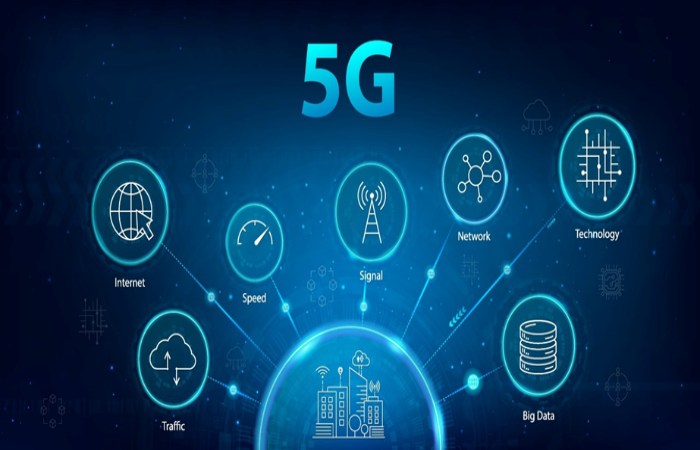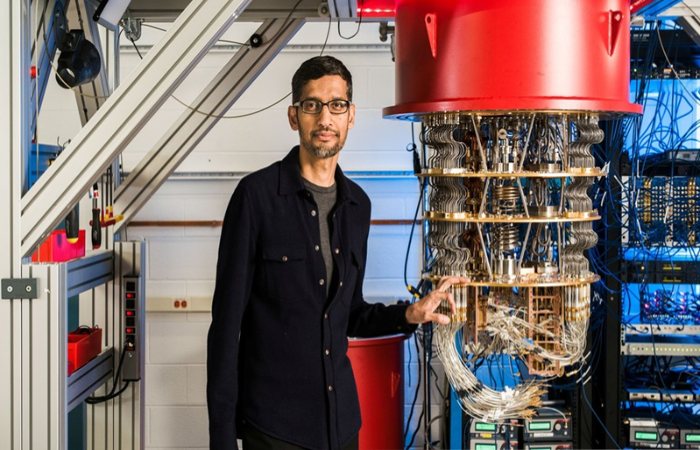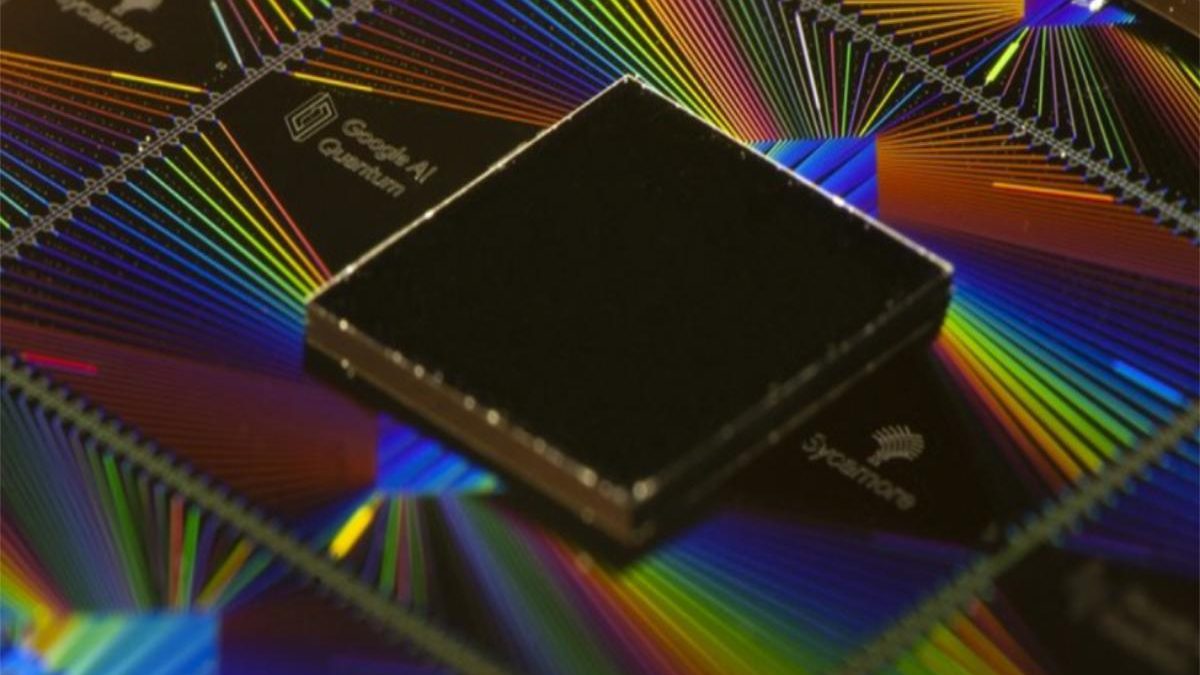At the nexus of progressive technology, quantum computing and 5G technology rest as a dynamic duo, set to revolutionize data processing. This integration of groundbreaking technology promises an era marked by unprecedented responsiveness and customer experiences, reshaping the business operational landscape across a multitude of industries.
Table of Contents
Sector-wise Implications: A Revolution at Hand
The beneficial wave of quantum computing, coupled with 5G technology, promises to touch a diverse range of business sectors. Fields such as healthcare, finance, e-commerce, entertainment, and logistics stand to gain tremendously from these breakthroughs. For example, in healthcare, quantum computing can potentially expedite the discovery of new drugs and personalized treatment plans. In finance, quantum algorithms could optimize trading strategies, enhancing profitability. Similarly, in e-commerce, quantum-5G integration can revolutionize supply chain management and customer targeting, thereby increasing efficiency and profitability.
However, in the face of these tremendous potential benefits, organizations need to remain aware and prepared for the complexities and potential risks associated with these advanced tools. Quantum technologies, while promising, are incredibly complex and require substantial resources and expertise to harness effectively. Additionally, the increased connectivity offered by 5G comes with its own set of security and privacy concerns.

The Quantum-5G Revolution: A Double-edged Sword?
The advent of quantum computing and 5G signifies the onset of a technological revolution, tantalizing with the potential for unparalleled computational prowess and staggering connectivity speeds. Nevertheless, like a double-edged sword, these promising advances come with their own set of complex challenges that demand cautious deliberation.
Key among these concerns is data privacy. The quantum leap in computational power offered by quantum technology could, hypothetically, dismantle existing data encryption methods. Traditional encryption techniques that once stood as unassailable bulwarks could potentially crumble under quantum prowess, putting sensitive data at risk and raising important questions about how we safeguard information in the quantum age. Next, the advent of 5G, while promising, presents its own set of complexities. To realize its full potential, there is a need for massive infrastructure investment. The shift to 5G isn’t simply about upgrading existing networks; it requires a complete overhaul of the telecommunications infrastructure. From base stations to antennas, and even the devices we use, the transition to 5G signifies a profound technological shift that requires substantial investment.
Moreover, the very strengths of 5G – its speed and hyper-connectivity – could paradoxically contribute to its vulnerabilities. The denser network it necessitates could potentially serve as fertile ground for cyber threats, increasing the risk of cyber-attacks. In this hyper-connected ecosystem, a single vulnerability could have a domino effect, affecting an entire network and leading to substantial data and financial losses. As we move forward into the Quantum-5G era, it is crucial to preemptively address these challenges, ensuring a safe and secure transition into this new digital age.
Notable Markets and Products
There are specific markets and products which stand to gain significantly from these advancements. Online platforms heavily reliant on secure, speedy data processing, such as Ontario online casino apps, or personal banking apps in New York, could see a paradigm shift. “5G and quantum technologies open new possibilities for the future of technical services.” In this context, such technologies can enhance the user experience exponentially with real-time processing capabilities and negligible latency. The transformation would extend to personal banking apps, allowing them to offer personalized, secure, and efficient services.

Trailblazers in Quantum and 5G: Big Names, Big Games
Several companies, including industry giants and budding startups, are spearheading the quantum-5G revolution. Google’s Quantum AI lab and IBM’s Quantum Computation Center are examples of innovative ventures in quantum computing. Google is striving to build a useful quantum computer capable of solving real-world problems. On the other hand, IBM is offering businesses the opportunity to access quantum computers over IBM Cloud.
Telecom heavyweights like Verizon and AT&T are at the forefront of 5G deployment, diligently working towards expanding their 5G networks to cover larger areas and offer faster, more efficient connectivity.
Burgeoning Opportunities for Startups
These two groundbreaking technologies, quantum computing, and 5G, while still in their infancy in the vast realm of technological advancements, present fertile ground for visionary startups. Forward-thinking companies like PsiQuantum and Rigetti Computing are not merely dabbling in this arena but making ambitious strides to develop scalable quantum computers. Their endeavours aim to democratize the power of quantum computing, making it accessible and applicable across various sectors, from healthcare and logistics to financial services and entertainment.
Meanwhile, Microsoft’s acquisitions, Affirmed Networks, and Metaswitch, are making their own contributions in the realm of 5G technology. By developing cloud-based 5G software, these companies aim to leverage the vast potential of the cloud to optimize 5G connectivity and service provision. They are part of a broad effort to marry the ubiquitous availability and flexibility of cloud services with the unrivaled speed and connectivity of 5G networks. This pioneering work marks a significant stride towards a future of more streamlined, efficient, and responsive digital services, propelling us ever closer to a new age of unprecedented technological capability.
In an increasingly digital world, the synergistic combination of quantum computing and 5G could serve as a catalyst for groundbreaking solutions to long-standing challenges. From sustainable resource management to advanced predictive analytics, these technologies promise to unlock a whole new world of possibilities, paving the way for a future marked by technological excellence and progress. This is not merely about faster computations and connectivity but revolutionizing how we approach problem-solving and innovation.
All in all, the future of quantum computing and 5G looks bright. As we further unlock their potential, we stand at the brink of a technological revolution set to redefine how we live, work, and play.

